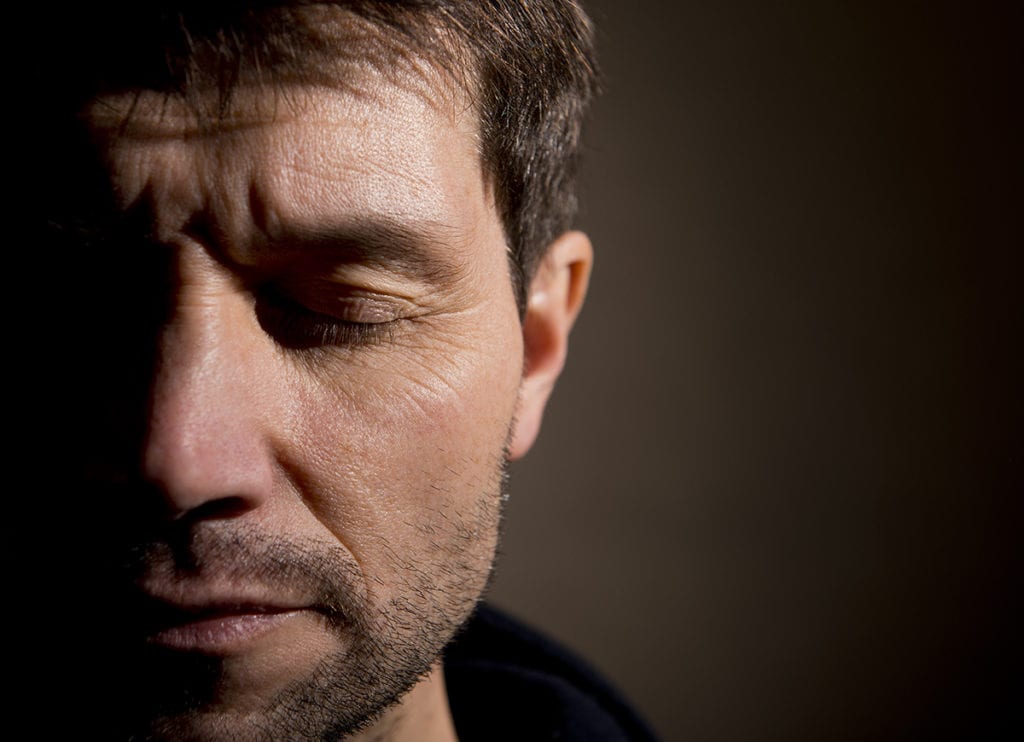Post-traumatic stress disorder (PTSD) doesn’t just happen to war veterans. In fact, it could happen to you. It’s a condition that may occur after surviving or witnessing a traumatic event. Would you know how to help someone with PTSD?
PTSD Changes Lives
At the PTSD treatment center in Hanover, PA, therapists routinely work with good people whose lives the condition changed. They deal with memories, flashbacks, and unwanted emotions from the event. Many begin to avoid particular situations to minimize these. Often, it doesn’t work. You start pushing people away. Maybe you develop hostility toward loved ones who don’t know how to help someone with PTSD. You can’t sleep, but you’re not productive when you’re awake. Eventually, you look for ways of numbing yourself. Drugs or alcohol may provide the temporary help you need. However, they quickly become gateways to substance abuse and addiction.
How to Help Someone with PTSD Who Developed a Substance Abuse Problem
Rehab and dual diagnosis treatment can be the ways out of this vicious cycle. If you or a loved one struggles with the condition, it’s time to get professional help because this isn’t something you can fix on your own. A good-quality rehab center that also offers care for co-occurring mental health conditions is your best option. For example, possible treatments include:
- Motivational interviewing, which guides you through the process of taking ownership of recovery
- Addiction education as a tool for uncovering how substance abuse and PTSD connect
- Dialectical behavior therapy, which focuses on gaining control over emotions that override rational decision-making
- Behavioral counseling as a way to change your responses to drug cravings, substance abuse triggers, and stressors
- Relationship counseling that helps loved ones understand how to support you
Stress management is a significant aspect of healing from both PTSD and substance abuse. Because stress quickly becomes a trigger, it’s essential to deal with it effectively. Many facilities use meditation that introduces you to breathing exercises which help you learn to relax your body and mind at will. It’s the first step toward mindfulness training. In this modality, you work with a therapist who assists you in applying relaxation techniques to stressors. For example, when sudden emotions grip you, you will have learned how to examine them without immediately acting on them. It’s an excellent way of grounding yourself in the present.
How to Get the Help You or a Loved One Needs Today
PTSD is not a condition that gets better on its own. Similarly, substance abuse and chemical dependency get worse. Your physical health suffers, and then your emotional health worsens daily. You need help, and you won’t find it with drugs or alcohol. Therapists won’t come knocking on your door. It’s up to you to reach out for help. Because PTSD won’t improve without intervention, it’s essential to take the first step toward recovery. If you have a loved one who needs help, find out more about rehab and dual diagnosis treatment. Learning how to help someone with PTSD often begins with information gathering. Find out more about your options by connecting with The Ranch PA today. Dial 717.969.9126 now.

